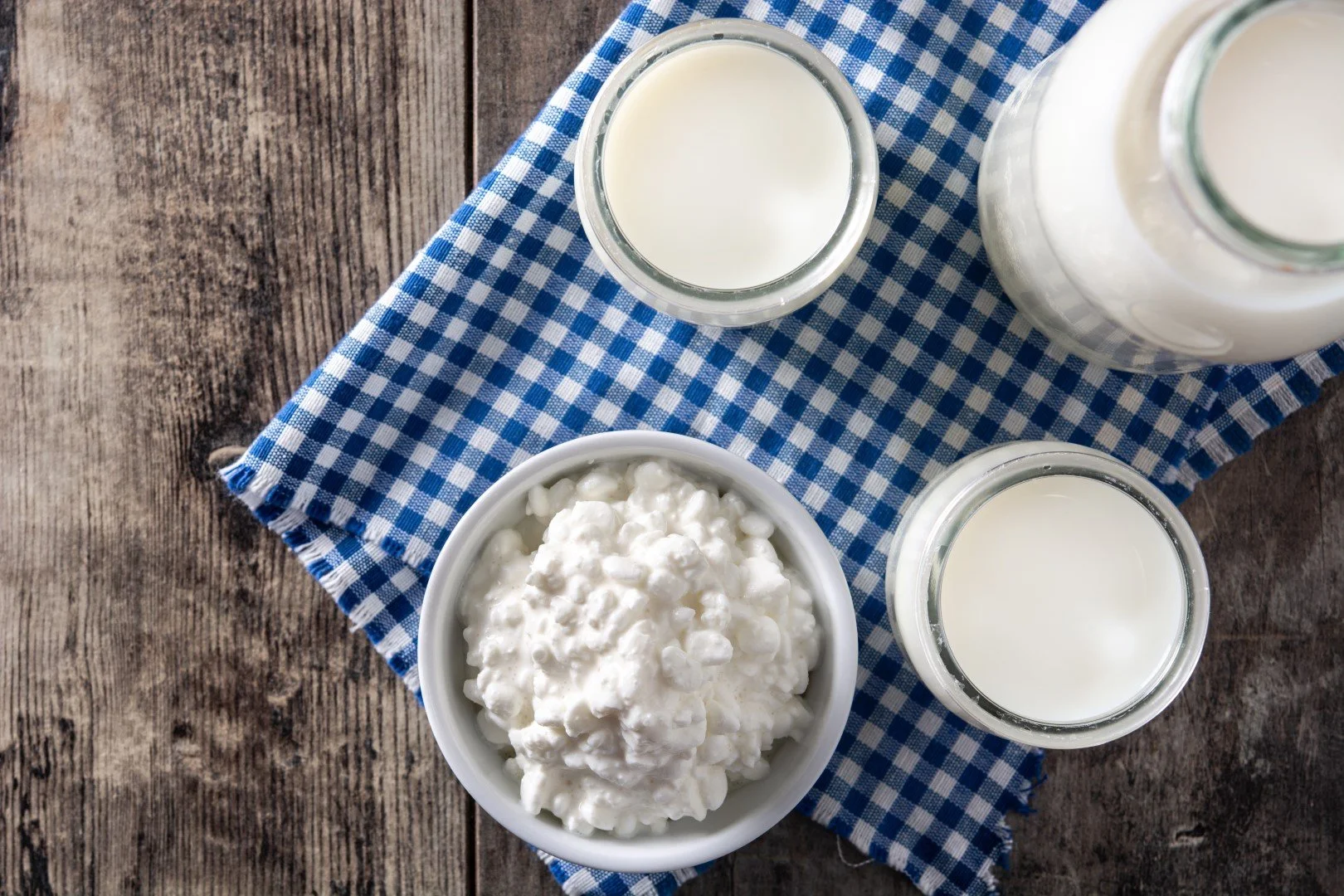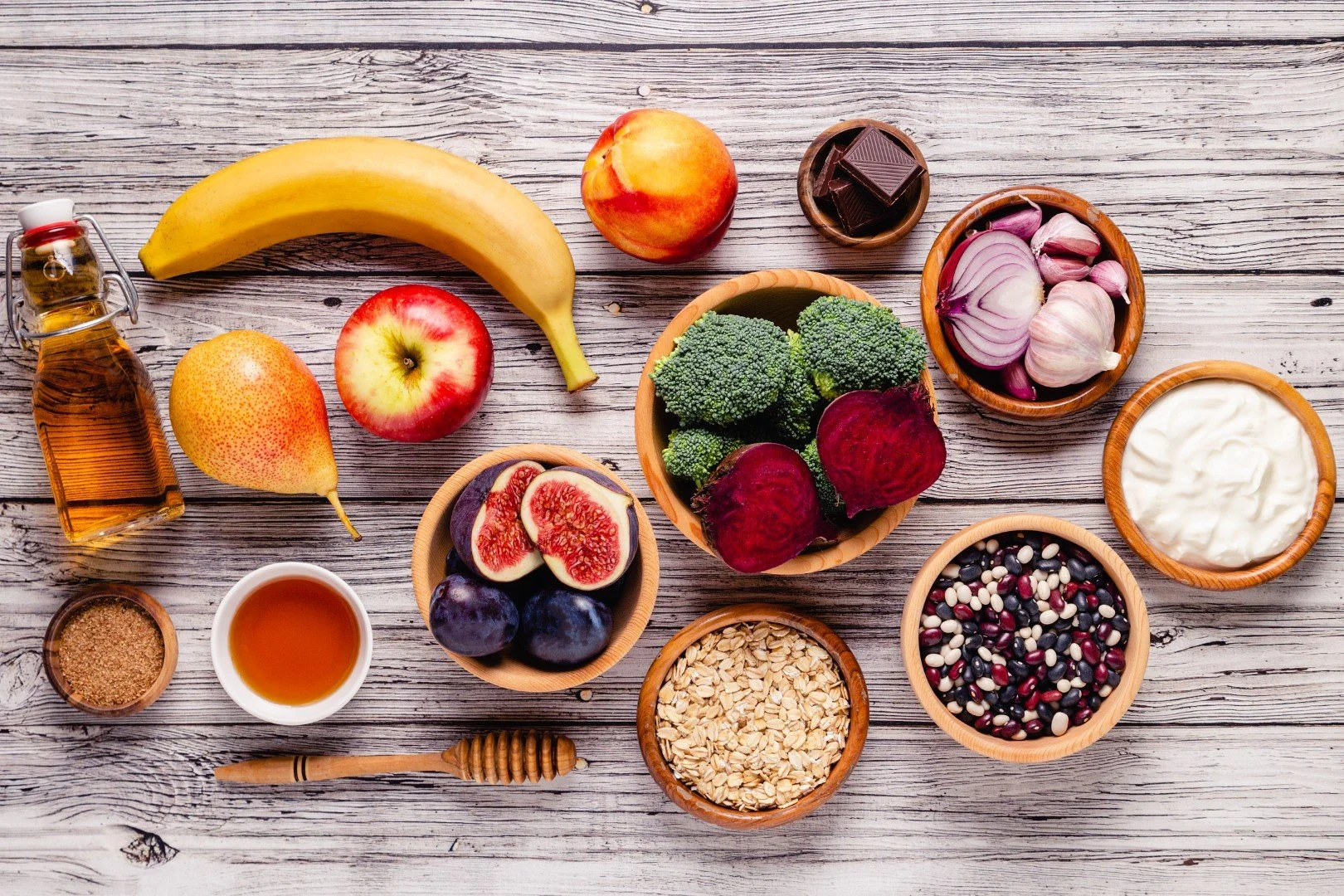Probiotics for Kids – Yay or Nay?
Discover > Texas Mom Blog > Probiotics for Kids – Yay or Nay?
As part of the TexasMomBlog, this article discusses the writer’s views on the benefits of a probiotic-rich diet for children. Please consult with a child’s health professional before administering probiotic supplements to your child.
Let’s face it – kids are messy. No matter how much hand washing happens in my house, sooner or later, one of my children ends up with a stomach bug. Cue diarrhea, vomiting, and loss of appetite (this is different from picky eating – read how to manage your kids’ picky eating here!).
Many of today’s gastrointestinal problems in children and adults stem from not having the right amount of good bacteria in your digestive tract. Yes! There are some bacteria we need more of! The good bacteria in your gut facilitate a bunch of biological tasks, such as reducing inflammation and protecting you from harmful diseases. We also call these helpful little guys “gut flora” or “microbiota”.
Stomach bugs often indicate that the good bacteria that typically reside in the gut have been taken over by an overgrowth of harmful bacteria that are also thriving there.
Good bacteria are an extraordinary collection of microorganisms that flourish in the human digestive system. In a healthy microbiome, trillions of microorganisms belonging to over a thousand species live happily together. However, when children suffer from conditions such as a stomach infection, the balance of the microbiome can be thrown off, creating digestive problems, immune-related disorders, or even mental health issues. Therefore, it is very beneficial to include probiotics in a child’s diet for optimal functioning of their gut health.
What are Probiotics, and How Do They Differ from Prebiotics?
If you’ve heard of probiotics, then you’ve probably also come across the term “prebiotics”, and are possibly wondering if the two are the same thing. Well, they’re not, but they are closely related.
Probiotics: Living forms of bacteria that supplement the composition of good bacteria in your gut.
Prebiotics: Specialized plant fiber that functions as food for the good bacteria.
So in layman’s terms, probiotic-rich foods and supplements add workers to your digestive-health team, while prebiotics give the workers the care they need.
Benefits of a Probiotic-Rich Diet for Children
Research shows that probiotics help in alleviating antibiotic-related diarrhea symptoms in children. It is believed that probiotics strengthen the intestinal environment, making it more balanced and therefore less desirable for unhealthy microorganisms. Probiotics can also alleviate children’s digestive issues such as:
Inflammatory bowel disease
Infectious diarrhea
Here’s a detailed article I wrote on the health benefits of fermented foods.
With all these potential benefits, it’s no wonder that parents are becoming more and more interested in giving probiotic supplements to their kids. But are these supplements effective? And more importantly, are they really safe?
If you’ve spent a large amount of time reading labels and staring down aisles offering various brands of probiotic supplements, you’re not alone. With the rise in awareness about the importance of gut health and the increase in gut health-related issues in children, parents are quick to purchase an off-the-counter probiotic powder that promises to supply their child’s gut with all the necessary bacteria. However, as a consumer, you can’t always count on what you’re getting. For example, the types of bacteria in the product and whether they are alive strains or not are all factors to consider. What’s more, many probiotic supplements have been found to be contaminated with organisms that were not supposed to be there. It’s important to note that there aren’t any probiotics supplements that mimic the human microbiome entirely. Accordingly, many supplements should only be used as a last resort and under the supervision of a health professional.
How else can we then safely support probiotic health in our kids? Through a varied diet, of course!
Fermented Foods are a Must for a Healthy Gut
Children can meet all their required nutritional needs by eating a variety of unprocessed, natural, and whole foods, which is why fermented products are perfect for your child’s diet. Here are some probiotic and prebiotic foods to add to your family’s daily meals:
Probiotics:
Kimchi (how long does kimchi last?)
Kefir (dairy and non-dairy)
*Only unpasteurized pickles contain probiotics.
Prebiotics:
Peas
Onions
Berries
Beans
Asparagus
Leeks
Apple skins
It’s not always easy to get a kid to try new food. So here are a few tips to encourage them to say yes to fermented foods!
Start introducing fermented foods early: children are more likely to develop a palate for tastes and textures if they’re exposed to them early on in life.
Offer them with every meal, even if just a teaspoon.
Make your own pickled vegetables (What wine goes well with pickled vegetables?) or kombucha and involve your kids in the process. Children are more likely to try a food if they know how it’s made. Here’s a simple sauerkraut recipe and all the tools you need to ferment your own veggies!
Celebrate and praise kids when they eat fermented foods!
Set a good example and eat fermented food yourself to encourage the same habit in your children.
Last but not least, keep trying!
A final word on probiotic supplements for children. Probiotic supplements are meant to improve the numbers of certain kinds of bacteria in your gut. The type, quality, and quantity vary from brand to brand. Therefore, it’s important to always talk to your child’s physician before administering probiotic supplements yourself.
It’s also worth noting that when it comes to nutrition, probiotics are not the end-all. Like with any supplement, they work best when paired with a diet filled with local and seasonal foods!







